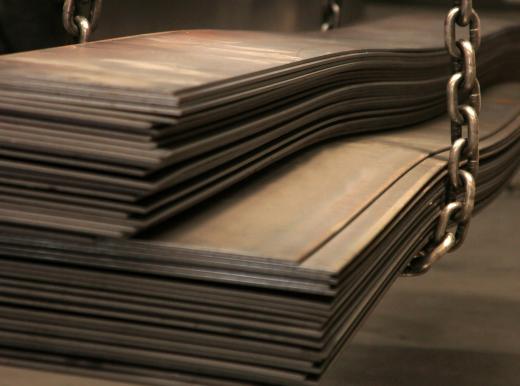The different types of embossing machinery depend on the surface used in the embossing. Some embossing machinery is of the heavy-duty type used for hard and stiff surfaces. Others are used for soft and flexible surfaces. Bookstores even sell hand-held embossers for quick and convenient uses.
The simplest embossing machinery is the metal hand-held type, which works by pressing the two plates together to make a design. This type has only one image. Schools, government offices, and organizations make use of this machine to emboss their seals on documents for authenticity. Industrial embossing machines are used for customized designs and can accommodate different kinds of paper and cardboard, with different sizes as well.

A card-embossing machine can also be operated manually. This is typically used for embossing polyvinyl chloride (PVC) cards, such as IDs, credit cards, and membership cards. The machine has an integrated alphabet and number wheel to spell out the words to be embossed. This type of machine is also compact and can be placed on a table.
Another type is the leather-embossing machinery, specifically used for products made of leather. Companies make use of this machine to stamp their brands and logos on products such as bags, shoes, and clothing. Decorative drawings and holes can even be applied to the leather. Some embossing machines use thermal heating to make the leather soft, making it easier to emboss. The designs can also be customized in this machine.

For hard surfaces such as steel and aluminum, a sheet metal type of embossing machinery is most useful. The machine also uses heat, along with pressure, to emboss images by letting metal sheets pass through metal rollers customized with patterns. This type of embossing is efficient for aluminum sheets used for flooring, metal badges, and vehicle plate numbers. Embossing companies usually keep the customized rollers for future use.
Embossing machinery can be multi-functional. This makes for a very cost-conscious option, especially for small companies. Multifunctional machines tend to be efficient in embossing softer surfaces, such as paper, leather, and PVC. Metal sheets still require a specialized embossing machine.
Many, if not all, embossing machines also incorporate embossing dies to add color to the embossed images. Cutters can also be built in to automatically cut the surface in accurate sizes. Many machines also have an anti-curling technology for softer surfaces to make sure the embossed image is applied smoothly.
